This story was originally published on Black Like Us in partnership with the W.K. Kellogg Foundation.
Jackson, Miss. — A mural of Harriet Tubman sits painted on a wall at the Tubman Museum and Education Center in Maryland. The abolitionist known for her work freeing slaves is pictured leaning forward with her arm stretched out and her hand open, seemingly giving a gesture of help and support.
When Dr. Portia Ballard Espy joined the Mississippi Urban League in 2021, she was given a picture of that mural.
“I think about all the trips she made back and forth, taking people to freedom,” Espy said of Tubman. “When interviewed by a journalist, she was asked, ‘What was your biggest regret in doing this work? ‘I regret that I didn’t save more people. I could have saved more. But some of em’ didn’t know they were enslaved.’”
The picture of the mural titled “Take My Hand” was a gift from National Urban League President Marc H. Morial, and for Espy, it’s a reminder of how important it is to build equity for underserved and marginalized communities in the state of Mississippi.
As President and CEO of the Mississippi Urban League, education and resources are Espy’s Underground Railroad. Her goal is to educate people in hopes that some of the state’s most significant issues.
“I would love to have a mission that our food pantry will be closed in the next two years, not because we are tired of operating it, but because all of those people have found a way to be self-sufficient and not have to rely on an outside source to provide food for them and their families,” Espy said.
In any given month, hundreds of families show up at the Mississippi Urban League in Jackson, Miss., searching for food. A collaboration that includes partners and volunteers works with the organization’s three-person team tackle one of the state’s biggest problems – food insecurity.
“We have one of the nation’s most collaborative food pantries,” Espy said. Partners for the pantry’s monthly food distribution include the EversCare Clinic which is part of the Myrlie Evers-Williams Institute for the Elimination of Health Disparities; the Mississippi Food Network, which is Mississippi’s only food bank; and the American Heart Association. “We have been visited by other organizations and lifted up as best practice related to how a collaboration of this type should work to effectively address food insecurity in the community.”
The U.S. Department of Agriculture defines food insecurity as the “lack of access, at times, to enough food for an active and healthy life.”
Mississippi has been labeled one of the hungriest states in the nation, with more than 600,000, 20% of the population, people struggling with food insecurity, and 30,000 of those people are in Hinds County, where Jackson is located.
On average, Espy said 300 to 400 families, representing some 800 individuals, show up for the monthly food distribution. The Mississippi Urban League has partnerships with EversCare, an arm of the University of Mississippi Medical Center, Myrlie Evers-Williams Institute; the American Heart Association; and the Mississippi Food Network as it relates to the food pantry and monthly distribution.
The agencies have come together to distribute lean meats, vegetables and low-salt items to families. In addition, the Mississippi Urban League also runs a healthy cooking series featuring recipes utilizing the foods distributed by the pantry.
Formerly the Mississippi Roadmap to Health Equity, the Mississippi Urban League works to create “sustainable pathways to health equity, improved education outcomes, and economic empowerment” with a focus on five key areas: health, housing, jobs, justice, and education.
“Any resources or programs that can positively impact the areas we serve, we approach with an equitable and inclusive eye,” Espy said. “Our work has to be inclusive and equitable. [Urban League] exists not to serve African Americans exclusively. We focus on historically underserved communities, and we strive to provide the knowledge and resources people need in order to be economically self-reliant.”
Espy says the Mississippi Urban League engages the communities they serve and uses data to build strategic approaches for challenges people are facing.
Food insecurity is just one of many issues the Mississippi Urban League is working to tackle, including strengthening maternal health, providing programs for seniors, COVID-19 education/outreach, and providing support before and after natural and other disasters.
“When I initially joined the Urban League movement, I launched a 10-city listening tour,” Espy said. “My idea was to go to the top 10 most populous cities in Mississippi. I really wanted to focus on those cities to find out what was keeping community members up at night in the five areas that we focus on at the Mississippi Urban League, which [are] health, housing, jobs, justice and education.”
Through various programs and platforms, the organization reaches about 20,000 people annually. “It’s truly been a labor of love,” Espy said.
Jackson gained national attention in August 2022 when the city experienced a water crisis, and residents couldn’t bathe in or drink the water coming from their faucets.
“I was tapped on the shoulder when we were at the height of the water crisis in Jackson last year in September and asked if the Mississippi Urban League could become an alternative pod site, which is an alternative water distribution site,” Espy said.
In the first two weeks of the crisis, the Mississippi Urban League, in partnership with Mississippi’s Emergency Management Agency, the American Red Cross, and volunteers, distributed about 2,200 cases of water, mainly to people without transportation, the elderly and people with disabilities.
“We have unfortunately had rolling boiled water notices here in the city of Jackson,” Espy said. “And there are times when people [for] long periods of time can’t drink the water…my understanding was that the concept of an alternative water distribution process was borrowed from Flint, Michigan’s playbook and had never been conducted as a formal process before.” Flint, Mich., has had an ongoing water crisis since 2014 after the city’s water source was switched under state leadership. The issue gained national attention in 2016.
The power of partnerships
Daily operations at the Mississippi Urban League are handled by a team of three full-time employees, including Espy, but she says through partnerships, volunteers and the support of the National Urban League network, they have been able to help thousands of people, including working with organizations to help navigate the Jackson water Crisis and through the COVID-19 pandemic.
“We consider other mission-driven organizations our partners, our brother and sister organizations, and we don’t believe in duplication of effort. We work to ensure that we can either amplify the work they are already doing or figure out how to fill a void identified by community members,” Espy said.
As in the example of the food pantry, the Mississippi Urban League partners with other organizations for programming, including their SIPPS Mothers’ Forum that provides resources to mothers throughout Mississippi, focusing on breastfeeding, health nutrition and education.
The organization also has two internship programs in partnership with the University of Mississippi Medical Centers School of Health Related Professions and Jackson State University School of Public Health, enabling the organization to host community health screenings and information sessions for senior citizens, launch a health cooking series, and continue to develop and grow the maternal health offerings.
“Our objective is to ensure that through our mission-driven work that we equip individuals with the knowledge and resources they need to create a better quality of life for themselves and their families, ” Espy said.
Visit here to learn more about the Mississippi Urban League.

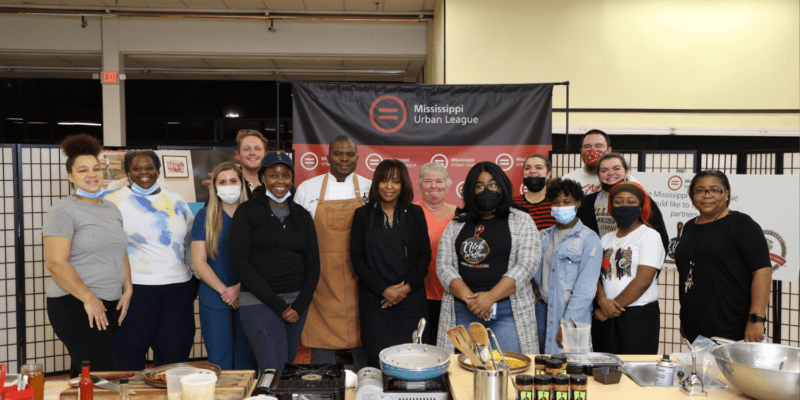
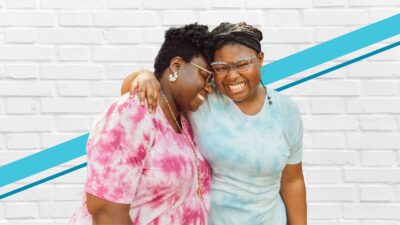
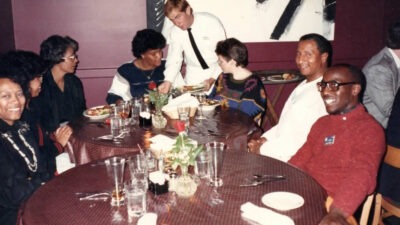
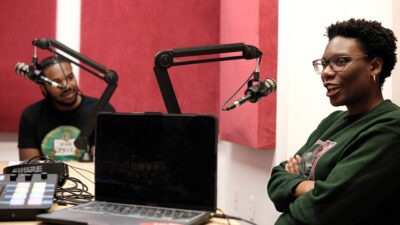
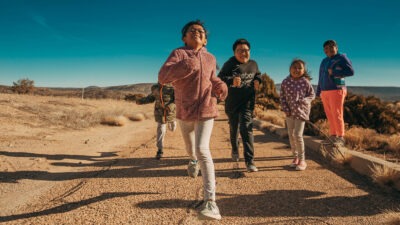
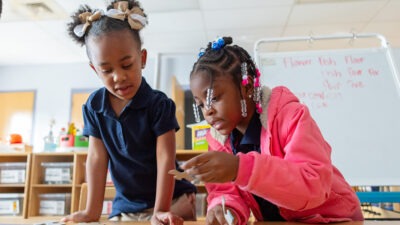

Comments